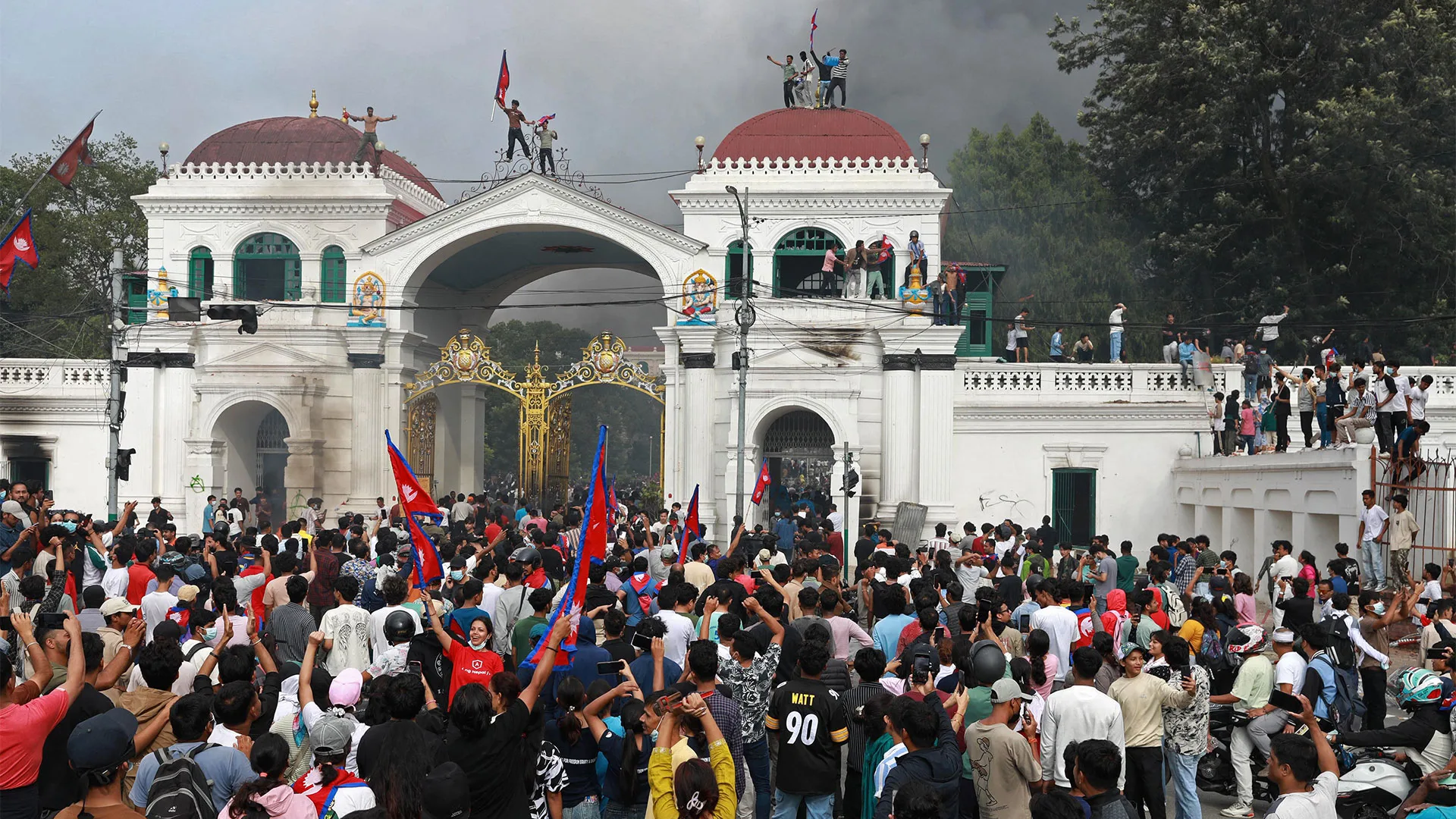
"Nepal's prime minister, K.P. Sharma Oli, resigned on Tuesday after youth-led protests sparked by a government ban on social media in the Himalayan country left nearly two dozen people dead and hundreds injured, CNN reported. That ban has since been lifted, per Reuters. Protesters reportedly set government buildings, police stations, and the houses of politicians on fire Tuesday, a day after police fired tear gas at and used rubber bullets on protesters storming parliament in the capital, Kathmandu, per Reuters."
"The protests, led by Nepal's Generation Z, aged 13 to 28, come after the government blocked Facebook, X, and YouTube, saying the social media platforms failed to register and comply with necessary oversight. What started as an outcry against a social media ban has grown violent and expanded into widespread criticism of the nation's political elite and poor economic prospects for its citizens-especially young people, who are frustrated by their lack of opportunity, according to the Associated Press."
"Last Thursday, Nepal's minister for communication and information, Prithvi Subba Gurung, said about two dozen social media platforms were repeatedly given notices to officially register their companies. TikTok, Viber, and three others were allowed to continue operating because they had registered. Critics argue it was an attempt at censorship. On X, where Nepal is trending, one user wrote: "Nepal protest is primarily against corruption and misgovernance. Social media ban was just the tipping point.""
Nepal experienced youth-led protests after the government blocked major social media platforms, citing failure to register and comply with oversight. The protests, driven mainly by Generation Z (ages 13–28), escalated into clashes with police, including tear gas and rubber bullets, and protesters set government buildings, police stations, and politicians' homes on fire. Nearly two dozen people were killed and hundreds injured. Prime Minister K.P. Sharma Oli resigned amid the unrest. The ban has been lifted. Widespread anger centers on alleged corruption, misgovernance, and high youth unemployment—about 19%—driving many young Nepalis to seek work abroad.
Read at Fast Company
Unable to calculate read time
Collection
[
|
...
]